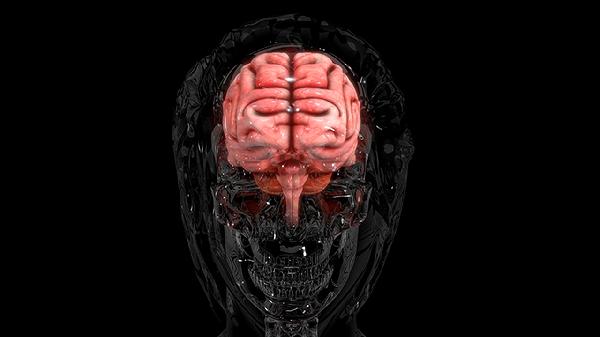Memory is the ability to preserve and recall information. Simply put, human memory can be categorized into three forms: sensory memory, short-term memory, and long-term memory. Sensory memory, also known as immediate memory or sensory registration, is the brain's reaction to what you are currently seeing, hearing, or feeling. It usually exists in the form of images and sounds and can only be perceived and converted into short-term memory through attention; otherwise, it will be forgotten. Short-term memory typically lasts for 15-30 seconds, and its capacity is often referred to as memory span, which is generally around 7±2 items. This is a metric used to measure the quality of a person's memory. Short-term memory can be transferred to long-term memory through rehearsal. Long-term memory lasts for more than a minute and can extend to a lifetime. So-called permanent memory is mainly semantic memory, which can be retrieved by the brain. The reasons for forgetting are usually interference or decay.

What is forgetfulness?
Forgetfulness refers to poor memory and the tendency to easily forget things. It is often caused by deficiencies in the heart and spleen, the decline of vital energy in old age, or blockages due to phlegm and blood stasis.
Traditional Chinese Medicine (TCM) attributes forgetfulness to uneven distribution of Qi, often referred to as "insufficient upper Qi." When there is insufficient Qi reaching the brain, the blood supply to the brain decreases, leading to memory decline. Women who have experienced pregnancy are more likely to feel this. According to statistics, 60% of forgetfulness sufferers are women, and more than 80% of housewives have experienced forgetfulness.
How to prevent forgetfulness?
1. Keep your brain active
Maintain a strong interest in new things and be willing to take on new challenges. Middle-aged and elderly people who frequently watch news, TV, movies, listen to music, and particularly play chess or Go, can keep their brains focused and active, thus slowing down brain aging.
2. Maintain a positive mood
A positive mood is beneficial for the coordination between the nervous system and other organ systems, keeping metabolism at an optimal state and enhancing the vitality of brain cells to improve memory.
3. Engage in regular physical exercise
Exercise promotes brain cell metabolism, regulates and improves the brain's excitatory and inhibitory processes, maximizing brain function and delaying brain aging.
4. Develop good lifestyle habits
The brain has a time-management nerve center, known as the biological clock. Work, study, activities, entertainment, and diet should follow a certain routine to avoid disrupting the biological clock. It is especially important to ensure the quality and duration of sleep, as sleep puts brain cells in an inhibitory state, allowing for the replenishment of expended energy.
5. Explore memory techniques that work for you
For things that must be remembered, write them down in a notebook or on sticky notes. Make a list when going shopping or traveling, and note down tasks that need to be handled on a calendar.
























